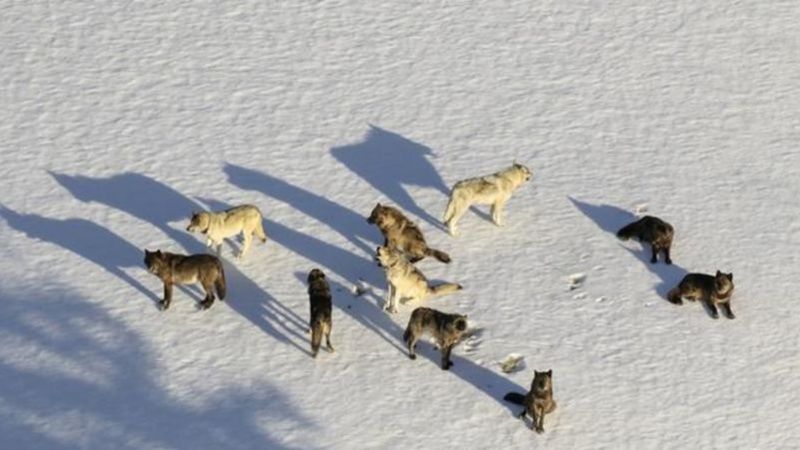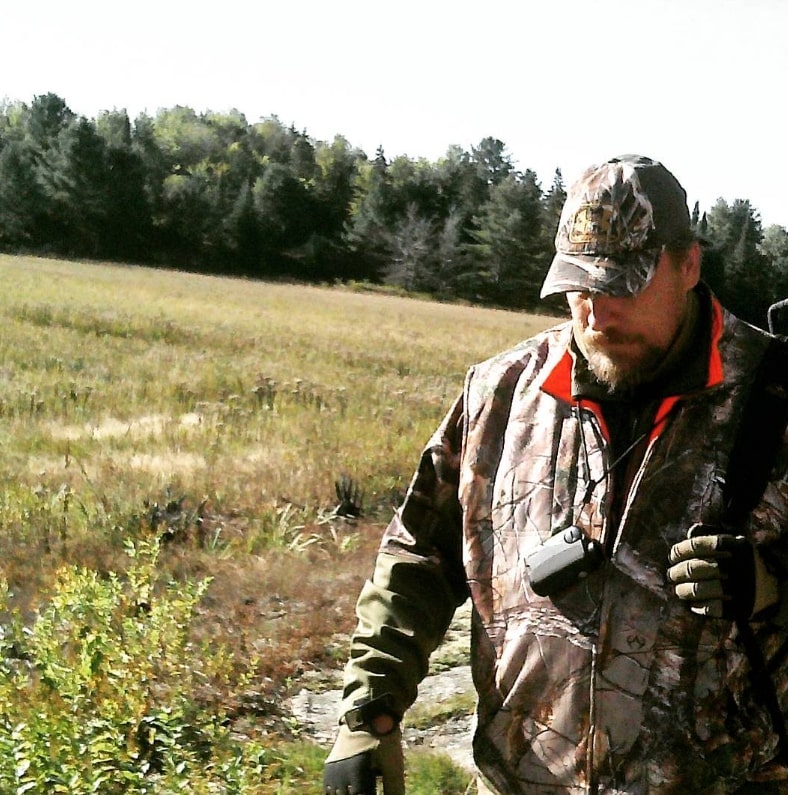Why do wolves hunt in packs


Hunting in packs is a crucial aspect of wolf behavior that has evolved over time. Wolves are highly social animals that live in family groups called packs. A typical wolf pack consists of a breeding pair (the alpha male and female) and their offspring, which can range in age from pups to adults.
One of the primary reasons wolves hunt in packs is to increase their chances of successfully capturing prey. By working together, wolves can take down larger animals that would be difficult or impossible for a single wolf to kill on its own. This is especially important during the winter months when food may be scarce, and the wolves need to make the most of their hunting opportunities.
When hunting in packs, wolves use a variety of strategies to capture prey. One of the most common techniques is to chase the prey until it becomes exhausted, at which point one or more wolves will move in for the kill. Alternatively, wolves may use a “cooperative” hunting technique in which one or more wolves distract the prey while others move in for the attack.
In addition to increasing their chances of successfully capturing prey, hunting in packs also offers other benefits for wolves. For example, living in a pack allows wolves to defend their territory and resources from other predators, such as coyotes or bears. It also allows them to share the responsibilities of caring for their young, which can be a demanding task.
Overall, hunting in packs is a key aspect of wolf behavior that has allowed these animals to thrive in a variety of environments around the world. By working together, wolves are able to overcome many of the challenges they face in the wild and ensure the survival of their pack.




